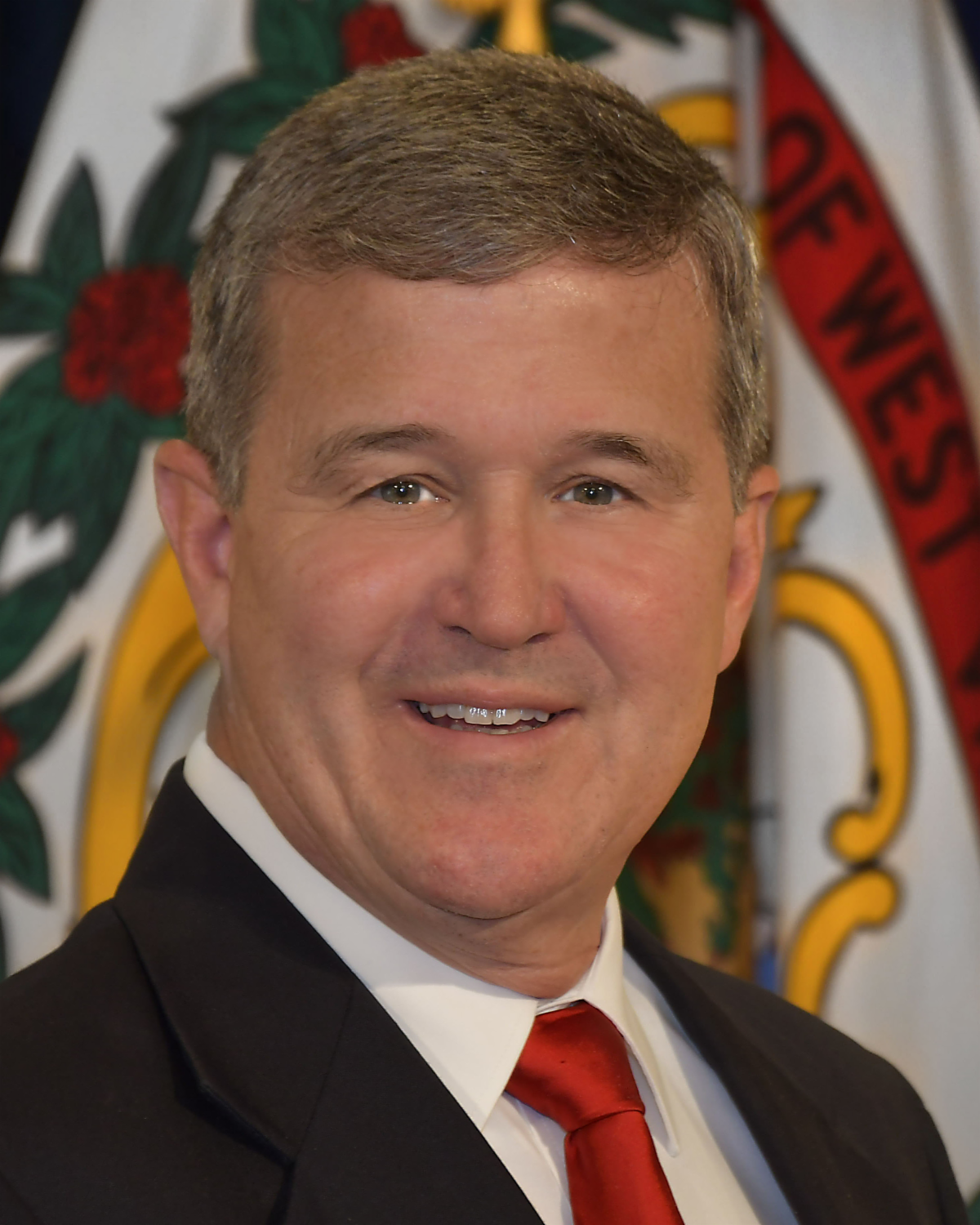Op-Ed: Federal Agencies and National Associations Should Facilitate, Not Stifle, Free Speech And Voicing Concerns About Election Integrity

Silencing election integrity advocates does not increase voter confidence. The attempted assassination of former President Trump crystalizes the extreme political division within our country. The temperature must be lowered, but that will only begin to be accomplished by an open dialogue.
On July 12th, the nation’s secretaries of state concluded our final national conference prior to the 2024 election. With our country as divided as it’s been in 150 years and with concern over election integrity being at its peak, the National Association of Secretaries of State (NASS) failed to discuss one of the recent, most insidious threats to our nation’s elections: the purposeful lying to the American people before the 2020 election by the Biden campaign in cahoots with former CIA officials, the FBI, and social media.
NASS invited Jen Easterly, the Director of the Cybersecurity and Infrastructure Security Agency (CISA), to speak to the nation's chief election officials. But for the third conference in a row, she ignored this topic. Instead of opening discussions about how we can restore confidence in our election system, she spoke of Roger Bannister breaking the 4-minute mile and she did not take questions afterwards.
CISA is a component of the Department of Homeland Security and touts its core values that guide its actions as “collaboration, innovation, service, [and] accountability.” Since elections were designated “critical infrastructure” in 2017, CISA has assumed the role of assisting with election security by identifying, protecting against, and eliminating cyber threats.
The very title of CISA implies a duty to police the election ecosystem and take corrective action when threats are detected. Yet, when Tony Blinken, former senior advisor to the Biden campaign, orchestrated the lie that the Hunter Biden laptop was Russian disinformation, and perpetuated the lie to former CIA Acting Director, Mike Morrell, who then had 51 former intelligence officials sign a letter to that effect, CISA remained quiet as voters were misled.
Exponentially worse than dishonest political tactics, the FBI had the laptop in its custody for nearly a year and knew that the laptop was real. The FBI not only kept silent, but it also told social media companies to suppress the story by using the Biden campaign lie about Russian misinformation as the premise for suppressing free speech. Facebook admitted to acting in accordance with the FBI’s request.
Even if CISA did not know all this at the time, it certainly knows the facts now. Congressman Jim Jordan has exposed it in his House Judiciary Committee where Morrell admitted under oath that he did it because he wanted Biden to win the election. CISA, the federal agency tasked with securing elections as critical infrastructure, should openly condemn what this cabal of actors did to improperly influence the 2020 election, and they should do so immediately, especially prior to the 2024 election to deter similar tactics to mislead the public.
Professional groups set ethical standards and behavioral expectations for their members, serve the public at large, and police their own. NASS and CISA have continued to fail to discuss what occurred in 2020 or consider appropriate safeguards for policing and enforcing election integrity standards in the US. By staying silent, these organizations have tolerated the psychological operation—the lie—that was perpetrated on the American public just before the 2020 election, and which most certainly influenced voters’ opinions of the candidates.
Espoused by CISA’s former Director Chris Krebs, NASS and CISA have let stand the myth that the 2020 election was the “most secure” in US history because there was no evidence of compromised voting systems. However, just as important as securing the machines is combatting false information that inappropriately misleads the voters. See, for example, CISA’s 10-page guide on the plethora of tactics, techniques, and mitigation strategies for policing disinformation. Yet, CISA remains silent.
When I tried to address these issues at NASS last week, I was literally de-platformed. The acting president of NASS instructed me to stop my remarks on this critical topic. Amazingly, during the last two NASS “Secretaries Only“ meetings, we spent precious time together discussing innocuous topics (e.g. favorite pets and vacation spots), then ending those sessions after ice breakers instead of addressing the real issues that have divided America since the 2020 election.
Building confidence in our elections should be the first priority for NASS and CISA. They can start by openly condemning—in writing to the American public— the Hunter Biden laptop lie. They must stop silencing election-integrity advocates who do not care to follow the status quo’s mindset that 2020 is in the past. And they should use the time together to tackle the tough issues.
We can restore election integrity, but restoration begins with an open dialogue of issues and ideas and taking corrective steps. Silencing those willing to discuss the difficult topics and ignoring the problems just fuels political opposition and perpetuates our country's trend of societal division. If federal agencies and national associations truly want to solve the problems we currently face as a nation, they must address these issues, not dismiss them.
Mac Warner
WV Secretary of State
Mac Warner is serving his second term as WV Secretary of State. He is a graduate of the United States Military Academy at West Point and spent 23 years in the United States Army where he retired at the rank of Lt. Colonel. He then served five years stationed in Afghanistan with the U.S. State Department.
